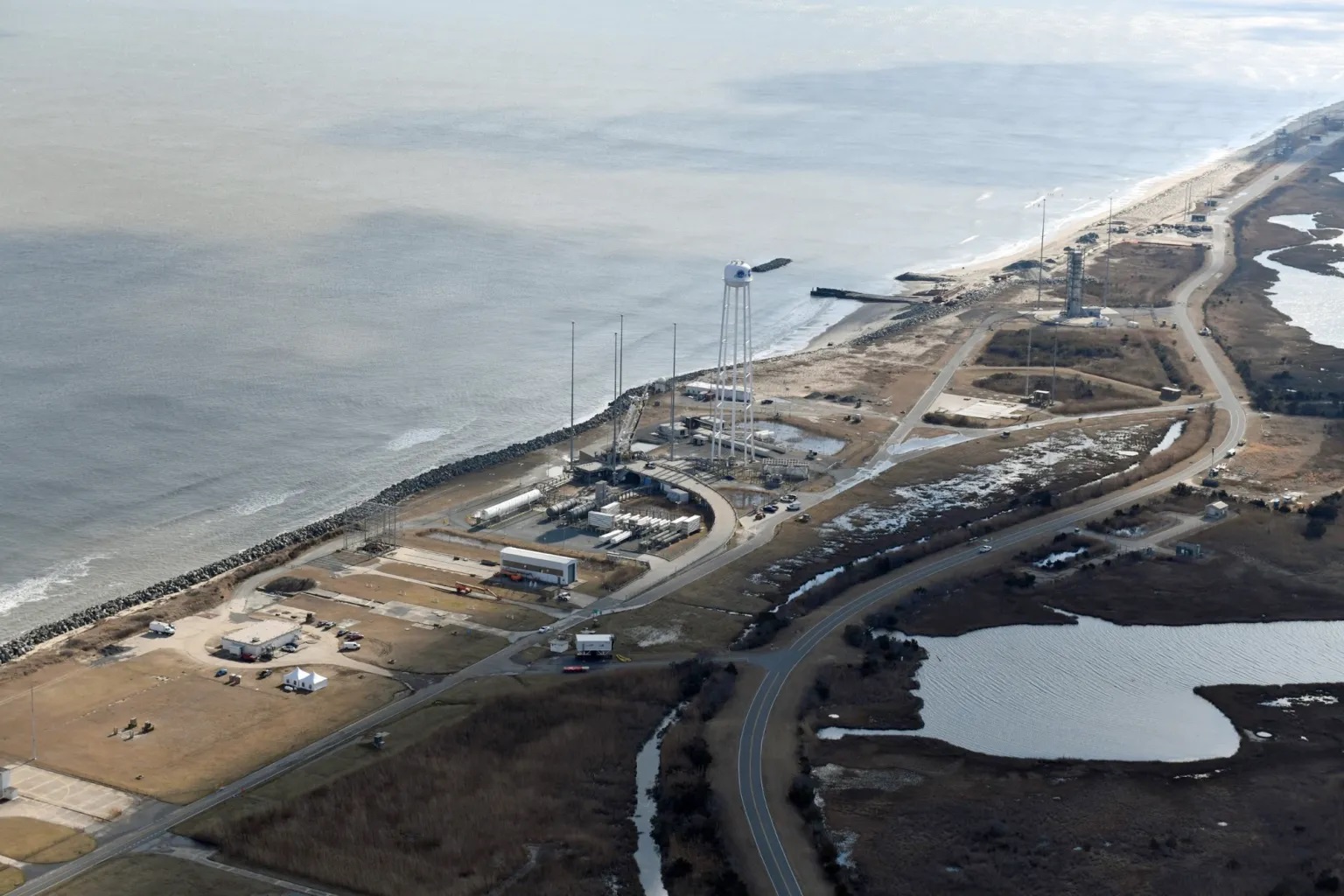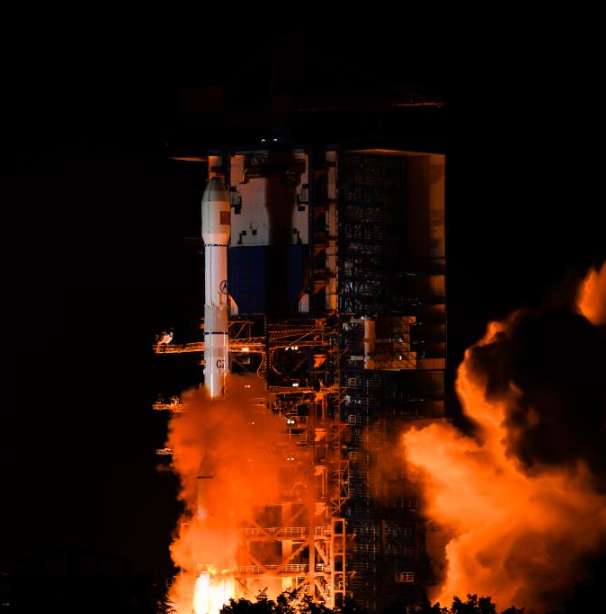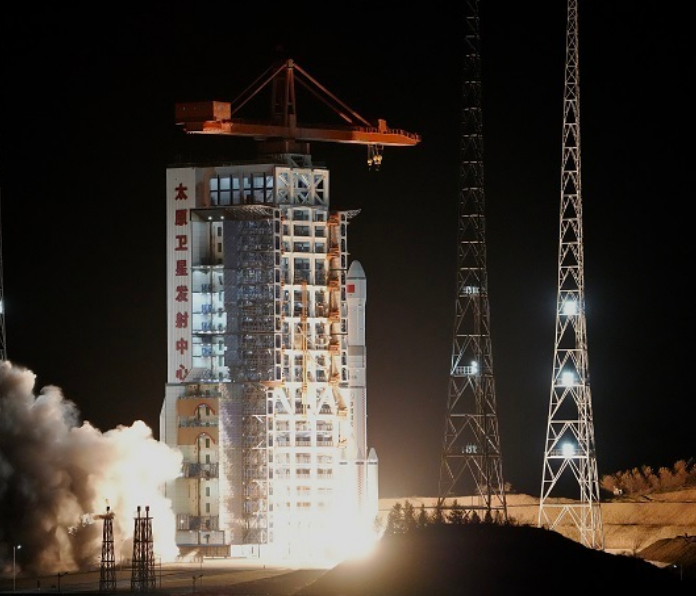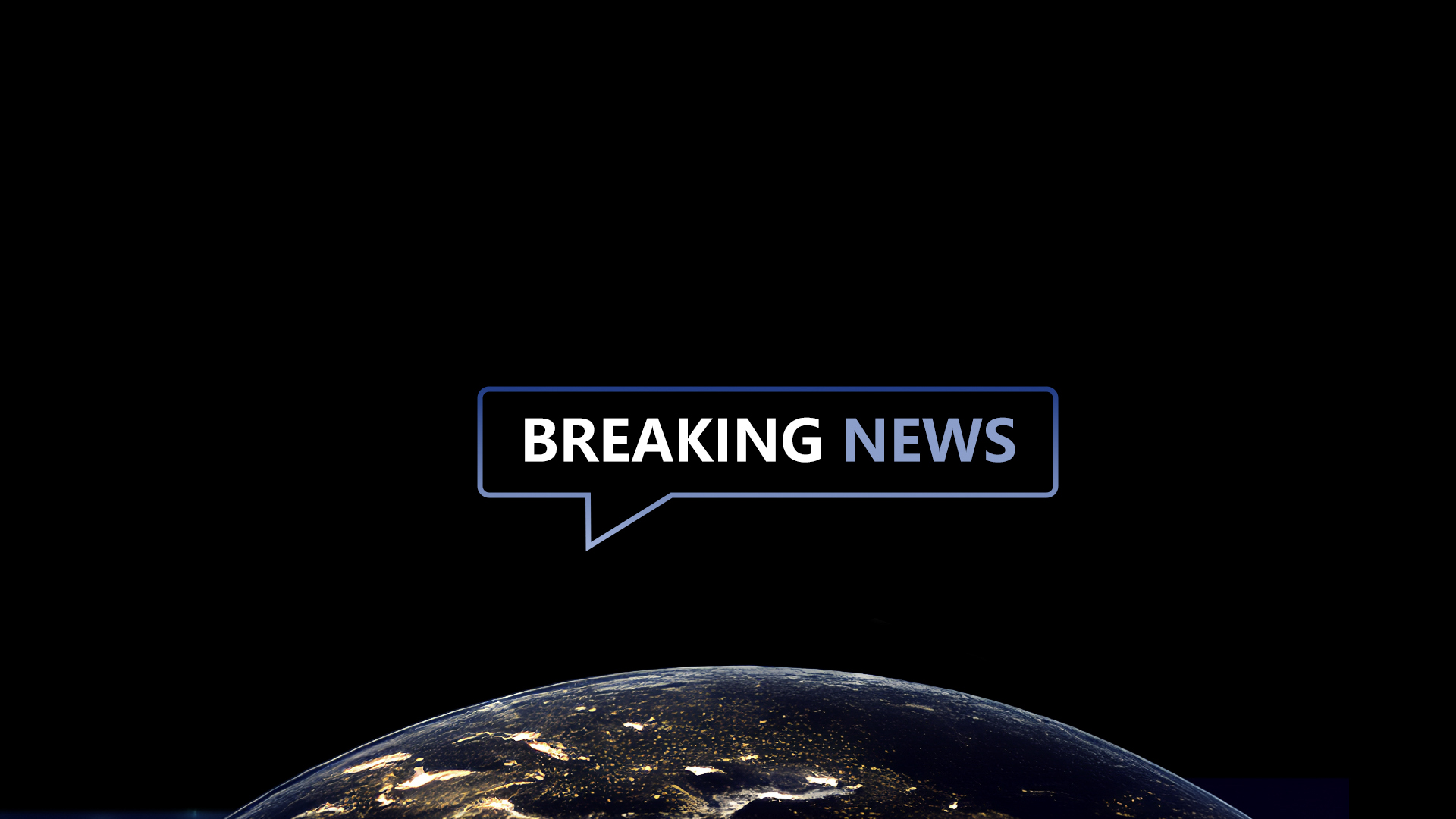16
2024-12
FAA takes step to streamline launch licensing process

Mid-Atlantic Regional Spaceport (MARS) on Wallops Island, Virginia, hosts launches by Northrop Grumman and Rocket Lab. Credit: Virginia Spaceport Authority
WASHINGTON — The Federal Aviation Administration is taking a step to streamline licensing for launch operators as the agency faces continues pressure to accelerate that process.
The FAA announced Dec. 13 that it will accept flight safety analyses performed by federal launch ranges in California, Florida and Virginia in applications for launch licenses under regulations known as Part 450.
That decision means that companies will no longer have to perform similar analyses specifically for the FAA as part of the licensing process. Launch companies had complained of the duplication of work needed to carry out FAA analyses in addition to those required by the ranges they were launching from.
In a statement, Kelvin Coleman, FAA associate administrator for commercial space transportation, called the move a “force multiplier” for the industry. “It also lessens the paperwork burden on the applicant and helps to speed the FAA review process.”
The issue of duplicate flight safety analyses came up in a September hearing on regulatory issues for the FAA’s Office of Commercial Space Transportation (AST) by the House Science Committee’s space subcommittee. Mike French, vice chair of the Commercial Space Transportation Advisory Committee (COMSTAC), noted “multiple or duplicative safety analyses being provide by AST and by the ranges.”
“In this area, Congress could take action to allow operators to choose whether AST or the range’s analysis can meet the regulations,” he said.
COMSTAC, in a 2023 report, had recommended that FAA accept safety analyses done by federal ranges. “Where an operator is subject to Range requirements, the FAA should accept the Range’s review and approvals and thereby significantly reduce resources required for FAA review as well as the burden on the operator,” the report stated.
In written testimony at that September hearing, David Cavossa, president of the Commercial Space Federation, endorsed that recommendation. “Importantly, AST can act unilaterally to solve much of this challenge. Specifically, CSF strongly supports a COMSTAC recommendation that AST accept the flight safety analysis performed by a Federal range operated by the United States Space Force,” he wrote (emphasis in original), adding that the FAA should also accept NASA flight safety analyses.
The FAA said in its Dec. 13 announcement that it would accept flight safety analyses performed by the Space Force’s Space Launch Delta 30 for launches from Vandenberg Space Force Base in California, Space Launch Delta 45 for launches from Cape Canaveral Space Force Station and Kennedy Space Center in Florida and NASA’s Goddard Space Flight Center for the Wallops Flight Facility and Mid-Atlantic Regional Spaceport in Virginia.
The announcement on the flight safety analyses comes as the FAA is undertaking a longer-term effort to review the Part 450 regulations. It announced in November the creation of an aerospace rulemaking committee, or SpARC, that will review the regulations and make recommendations on potential changes. The SpARC started work in early December and is scheduled to complete its work late next summer.
Member of Congress are pushing the FAA to move faster, though, in reforming launch regulations and removing impediments to industry. Reps. Sam Graves (R-Mo.), chair of the House Transportation Committee, and Rob Wittman (R-Va.) sent a letter to FAA Administrator Michael Whitaker Dec. 6 asking him to take “all actions short of rulemaking” to expedite the licensing process.
Whitaker has not publicly responded to the letter and will soon leave the agency. He informed FAA employees Dec. 12 that he would step down as administrator effective Jan. 20, at the start of the new Trump administration. FAA administrators serve fixed five-years terms and Whitaker, who has been administrator for only a little more than a year, was not required to leave during the transition. Whitaker did not give a reason in his announcement for his departure.
-
29
2025-05

Tianwen-2 Mission Launched Successfully
At 1:31 AM today, China successfully launched the Tianwen-2 planetary exploration probe from the Xichang Satellite Launch Center using the Long March-3B Y110 carrier rocket.
-
13
2025-05

Communication Technology Experiment Satellite No. 19 Successfully Launched
At 2:09 on May 13, China successfully launched the Communication Technology Experiment Satellite No. 19 from the Xichang Satellite Launch Center using a Long March 3B carrier rocket. The satellite smoothly entered its predetermined orbit, and the launch mission was a complete success.
-
12
2025-05

Remote Sensing Satellite No. 40, Group 02, Successfully Launched
On May 11 at 21:27, China successfully launched the Remote Sensing Satellite No. 40, Group 02, from the Taiyuan Satellite Launch Center using a Long March 6A carrier rocket. The satellite entered its predetermined orbit smoothly, and the launch mission was a complete success.









